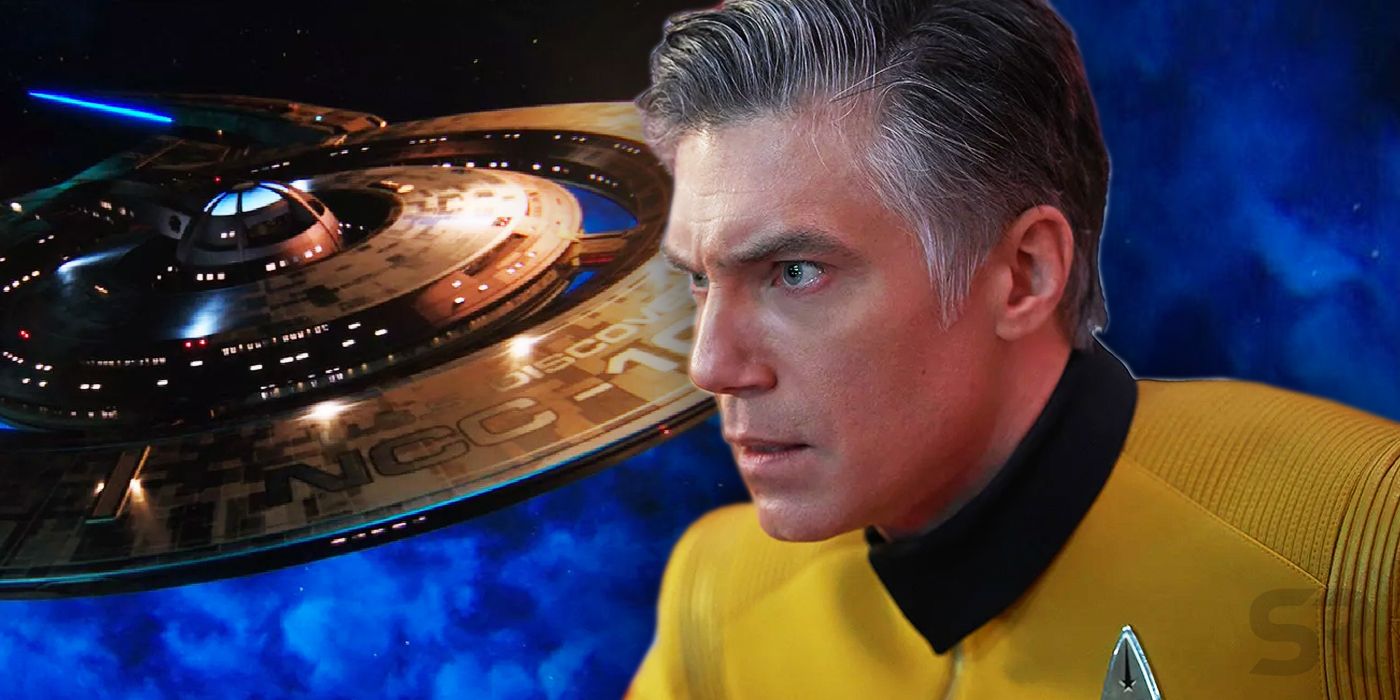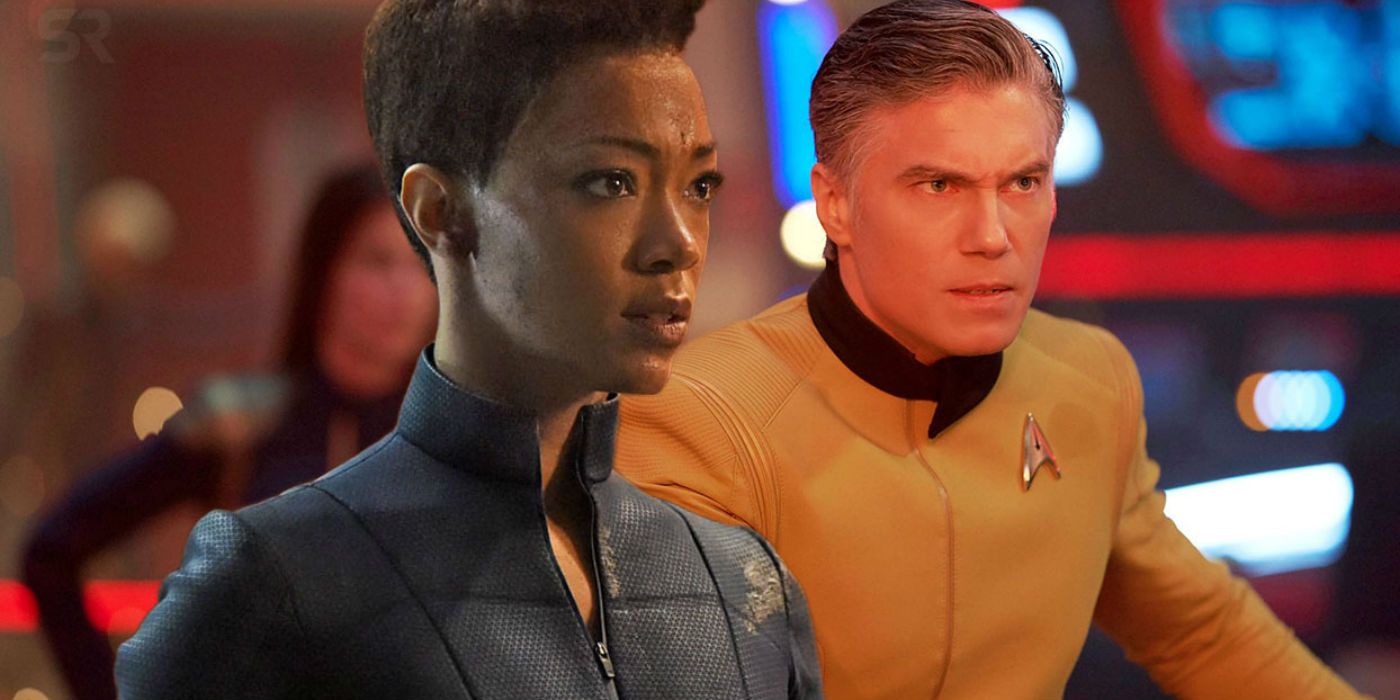Star Trek: Discovery season 2 was a hit, becoming the most popular digital original TV show in the world during April. Although Star Trek is one of the most powerful science-fiction brands of all time, the franchise has struggled over the last couple of decades. Star Trek: Enterprise ended in 2005, and it was over ten years before CBS produced another TV series. Over on the big screen, the franchise's initially-successful reboot stumbled - and Star Trek 4 was even canceled.
Even without that baggage, Star Trek: Discovery immediately became controversial. Although the first episodes aired on CBS, all future episodes were only available on the CBS All Access digital service, irritating broadcast viewers. The content, too, earned the ire of many Trek fans; the show was heavily criticized for abandoning Gene Roddenberry's utopian vision of the Federation, and featured bridge dynamics so fractious that they turned to outright mutiny. Thankfully, season 2 appeared to be a major recovery, with a tighter, canon-friendly storyline winning a lot of detractors back. However, it was difficult to evaluate how effective it had been: neither CBS nor Netflix - who distribute Star Trek: Discovery internationally - reveal viewing figures for their digital shows.
According to Parrot Analytics, a data analytics firm who measure demand for TV shows across the globe, Star Trek: Discovery season 2 was a measurable hit. Between April 6 and May 5 - the season 2 finale, "Such Sweet Sorrow", released on April 18 - Star Trek: Discovery was the most in-demand digital original series worldwide. Further, it was the #2 science-fiction series worldwide, narrowly beaten by The 100.
- Star Trek: Discovery
- The Chilling Adventures of Sabrina
- Cobra Kai
- The Grand Tour
- Doom Patrol
- Narcos
- Stranger Things
- The Umbrella Academy
- The Handmaid's Tale
- The Act
While this period covers the Star Trek: Discovery season 2 finale, it also includes two weeks afterward, suggesting audiences kept discussing the show online and even rewatching episodes. The figures are particularly striking given the show's perceived divisiveness amongst the traditional Star Trek fanbase; it suggests that, in spite of vocal criticisms, Discovery has succeeded in both finding and enthusing its audience. The Star Trek brand looks to be in a very healthy state indeed.
There's supporting evidence that backs up Parrot's data. CBS had aimed to get 4 million subscribers to All Access by 2020, but on an investor's call in February this year confirmed they'd already hit that target. They credited original content for the success, most notably Star Trek: Discovery. Meanwhile, the company has just conducted a corporate restructure to strengthen its management of the Star Trek brand worldwide, launching a new global franchise group to "manage and maximize the expansion of the brand beyond the traditional boundaries of linear broadcasting and streaming." Given Star Trek: Discovery’s almost dominant success, it’s hardly surprising - and bodes well for future Star Trek shows.


